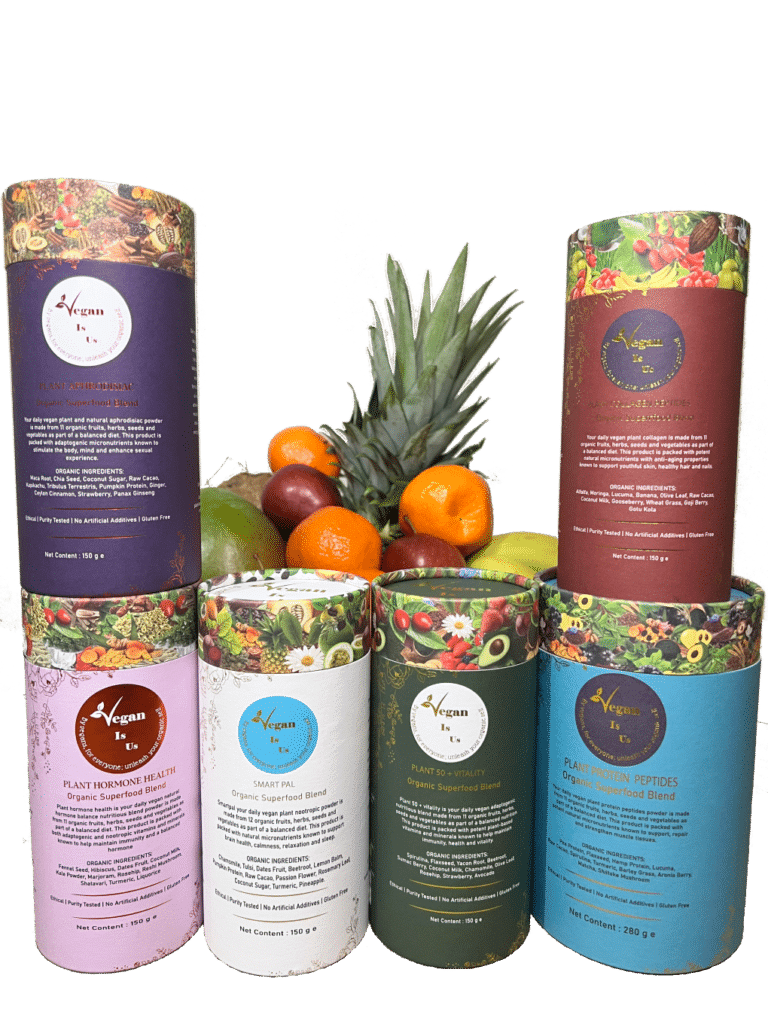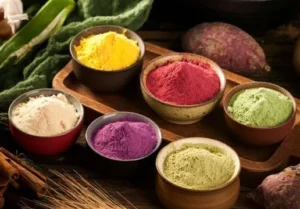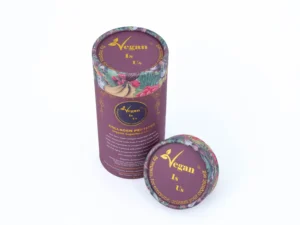Last updated on January 24th, 2025
Magnesium is a crucial mineral that plays a vital role in over 300 enzymatic processes in the human body. From regulating muscle function to supporting heart health, magnesium is essential for maintaining overall well-being. With various types of magnesium available, each offering unique health benefits, understanding their roles and identifying the best plant-based sources is key for a balanced lifestyle. Here, we’ll dive into the different forms of magnesium, their benefits, and the top vegan sources to include in your diet.
What Is Magnesium and Why Do We Need It?
Did you know magnesium plays a role in over 300 bodily functions? Magnesium is essential for numerous physiological processes, including:
- Energy Production: It helps convert food into energy, keeping your body active and functional.
- Nervous System Support: Magnesium aids in nerve function and neurotransmitter regulation, reducing stress and promoting calmness.
- Bone Health: It enhances calcium absorption and strengthens bones.
- Heart Health: This mineral regulates heart rhythm and helps control blood pressure.
- Muscle Function: Magnesium supports muscle relaxation, preventing cramps and spasms.
Despite its importance, magnesium deficiency is surprisingly common. Symptoms of deficiency include fatigue, muscle cramps, irregular heartbeat, and mood changes. Ensuring an adequate magnesium intake can help prevent these issues.
The Different Types of Magnesium Explained
Magnesium comes in several forms, each offering specific benefits:
- Magnesium Citrate
- Uses: Commonly used to relieve constipation and support digestion.
- Benefits: Highly bioavailable, meaning it is easily absorbed by the body, making it an excellent choice for addressing magnesium deficiency.
- Magnesium Glycinate
- Uses: Known for its calming effects, often recommended for stress, anxiety, and sleep issues.
- Benefits: Gentle on the stomach and ideal for improving mental well-being and relaxation.
- Magnesium Malate
- Uses: Often used for muscle recovery and managing chronic pain.
- Benefits: Provides energy support and alleviates muscle discomfort, making it popular among athletes.
- Magnesium Threonate
- Uses: Known for its ability to cross the blood-brain barrier.
- Benefits: Improves cognitive function, memory, and overall brain health.
- Magnesium Oxide
- Uses: Commonly used for relieving indigestion and constipation.
- Benefits: Affordable but less bioavailable compared to other forms.
- Magnesium Chloride
- Uses: Found in topical applications and supplements.
- Benefits: Quickly absorbed and effective for improving overall magnesium levels.
- Magnesium Sulfate
- Uses: Commonly known as Epsom salt, used in baths for muscle relaxation and detoxification.
- Benefits: Helps soothe sore muscles and supports skin health.
Top Vegan-Friendly Sources of Magnesium
For those following a vegan lifestyle, magnesium is abundantly available in plant-based foods. Here are some of the top magnesium-rich vegan food sources:
1. Leafy Greens
- Spinach, kale, and Swiss chard are packed with magnesium. A single cup of cooked spinach contains around 157 mg of magnesium.
2. Nuts and Seeds
- Almonds, cashews, and pumpkin seeds are rich in magnesium. Just 1 ounce of pumpkin seeds provides 168 mg of this essential mineral.
3. Legumes
- Lentils, chickpeas, and black beans are excellent sources of magnesium, offering around 120 mg per cup.
4. Whole Grains
- Quinoa, brown rice, and oats are high in magnesium, making them a great addition to any meal.
5. Dark Chocolate
- Opt for dark chocolate with at least 70% cocoa. A 1-ounce serving contains about 64 mg of magnesium.
6. Avocados
- A medium avocado provides around 58 mg of magnesium, along with healthy fats and fibre.
7. Fruits
- Bananas, figs, and dried apricots are good sources of magnesium, with bananas offering approximately 32 mg per medium-sized fruit.
Incorporating Magnesium into Your Diet
Boosting your magnesium intake is easy with a balanced diet. Here are some tips:
- Add spinach to smoothies, salads, or sautéed dishes.
- Snack on a handful of nuts or seeds.
- Replace refined grains with whole grains like quinoa or brown rice.
- Indulge in a piece of dark chocolate for dessert.
Why Choose Plant-Based Magnesium Sources?
Plant-based sources of magnesium come with additional nutrients, including fibre, antioxidants, and vitamins. These sources align perfectly with a vegan lifestyle, promoting health without compromising ethical or environmental values.
Magnesium is a cornerstone of good health, supporting everything from energy production to cognitive function. Understanding the various types of magnesium and incorporating plant-based sources into your diet can help you meet your daily requirements naturally and deliciously.
At Vegan Is Us, we’re committed to providing high-quality plant-based products that support your wellness journey. Explore our range of organic superfoods and supplements to ensure you’re getting the nutrients you need for a vibrant, healthy life.







